- Travel News
- November 29, 2024
- 2 Comments
- 172
Why Foreign Students Are Being Warned by US Universities to Return to Campuses Before January 20

Foreign Students- Plans for overseas students may be derailed by Donald Trump’s promise to carry out the biggest deportation operation in US history. Trump implemented visa restrictions and heightened scrutiny of Chinese students during his first term.
The inauguration of Donald Trump is scheduled for January 20. Additionally, American colleges and institutions are frantically urging their overseas students to come back to campus prior to Trump’s ceremony. Why? The incoming government may implement modifications to visas and mass deportations.
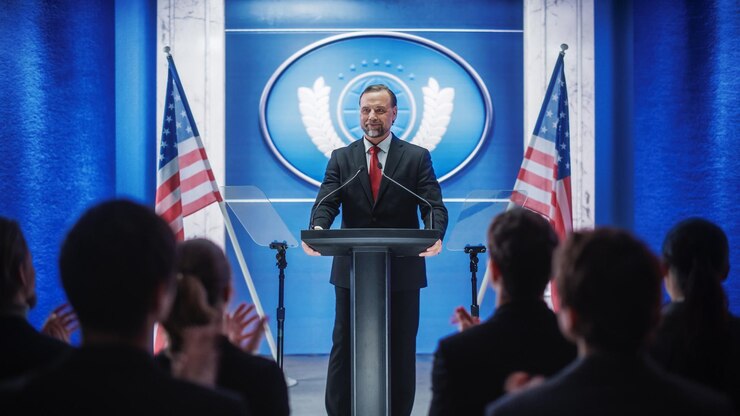
Trump has promised to employ the military to assist in the biggest deportation operation in US history.
According to a survey of almost 3,000 colleges and institutions by the Institute of International Education (IIE) and supported by the US State Department, there were over 1.1 million international students in the US in the academic year 2023.
However, experts caution that the Trump administration, which disrupted the lives of many students during his first term, may jeopardize the growth in overseas enrollment.
Let’s examine the advice given by colleges to international students, the difficulties they encounter, and the limitations imposed during Trump’s first term.
What Foreign Students Have Been Told by Universities
According to a BBC story, several universities have begun sending emails to overseas students requesting that they come back to campus before to the presidential inauguration.
According to the Huffington Post, the University of Massachusetts Amherst has issued a travel advise to its overseas students, urging them to “strongly consider” going back to the US before the inauguration. With more than 5,000 pupils, the school said it is being cautious because Trump has issued travel bans in the past.
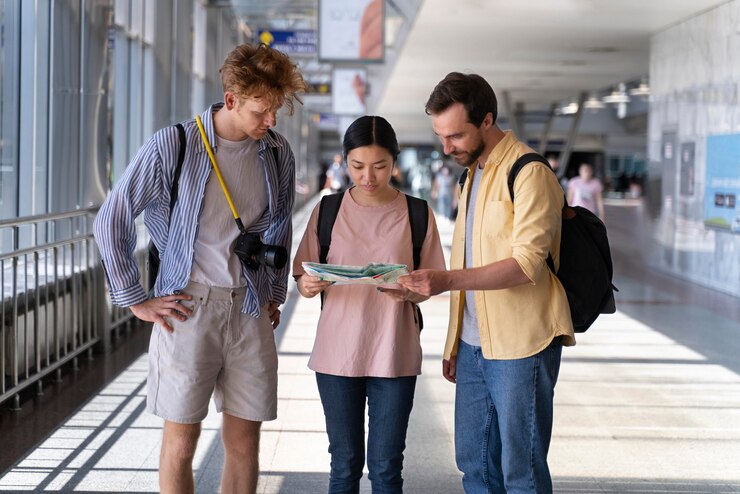
According to a statement from the UMass office, “the Office of Global Affairs is issuing this advisory out of an abundance of caution to hopefully prevent any possible travel disruption to members of our international community, given that a new presidential administration can enact new policies on their first day in office (January 20) and based on previous experience with travel bans that were enacted in the first Trump Administration in 2016.”
The Massachusetts Institute of Technology (MIT) has also released a similar advisory, in addition to the University of Massachusetts Amherst. Trump’s executive measures may cause delays in travel and visa processing, according to MIT.
According to the student publication, Yale University’s Office of International Students and Scholars held a webinar in November to address students’ worries about possible changes to immigration laws.
What Difficulties Do International Students Face in the United States?
The Higher Ed Immigration Portal reports that 400,000 undocumented students in the United States are enrolled in higher education institutions.
The Deferred Action for Childhood Arrivals (DACA) program, which has safeguarded people who entered the US as children from deportation, offers protection to a large number of undocumented students. Trump has, however, promised to implement the biggest deportation campaign in US history and has made prior attempts to terminate DACA.
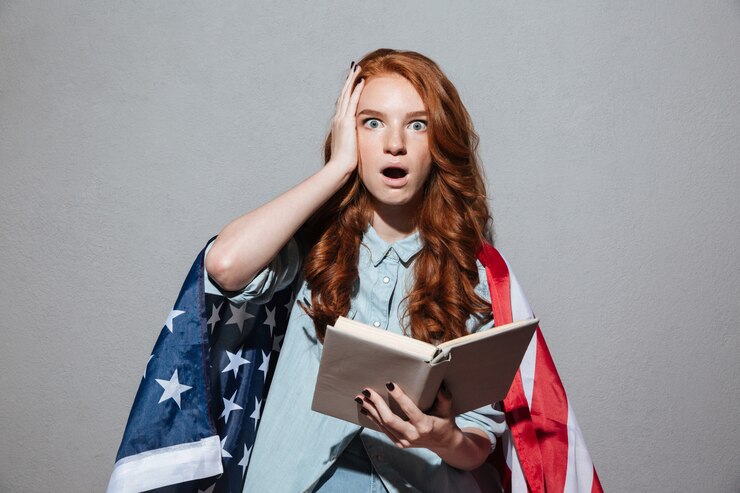
Data from the National Center for Education Statistics shows that total admissions climbed by 7%, with over 1.1 million international students. China and India accounted for 29% and 25% of the student body, respectively.
According to a Hindustan Times report, India sent more students to the US in 2023–2024 than any other nation, including more than 331,600 for the first time since 2009.
Chloe East, a professor at the University of Colorado Denver, told the BBC that “all international students are worried right now.” “Many students are worried about their visas and if they will be permitted to finish their education.”
During Trump’s first term, what restrictions were in place?
The number of foreign students declined annually after Trump took office in 2017. However, experts claim that because overseas participation has varied throughout time, it is challenging to determine the precise reason behind the shift in enrollment.
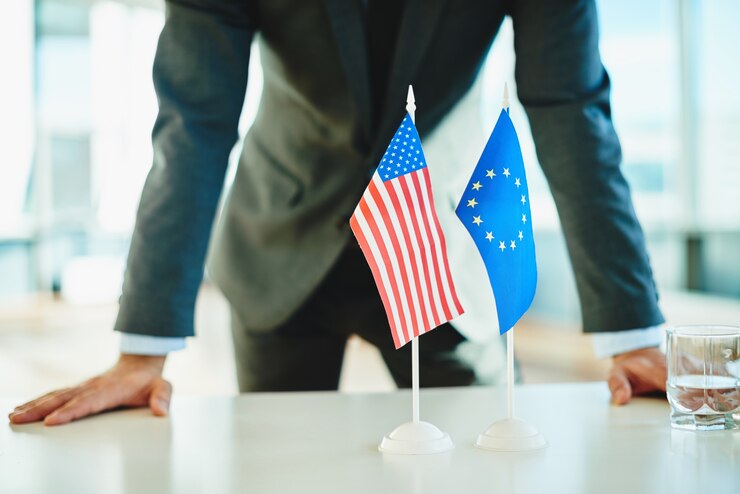
Trump’s initial actions included a travel restriction on North Korea, Venezuela, and a number of nations with a majority of Muslims. Additionally, he suggested shortening the four-year student visa period to two years. Despite legal challenges, the strategy resulted in students being detained at airports or being compelled to return home. Later, on his first day in office, President Joe Biden reversed it.
Chinese students’ permits were subject to more scrutiny as the US-China trade war intensified. At least hundreds of students had to be screened more, have their stays shortened, or possibly have their enrollment canceled.
Additionally, Harvard and MIT sued the Trump administration in 2020 when it refused visas to international students whose classes were moved to online. In the end, the policy was stopped.


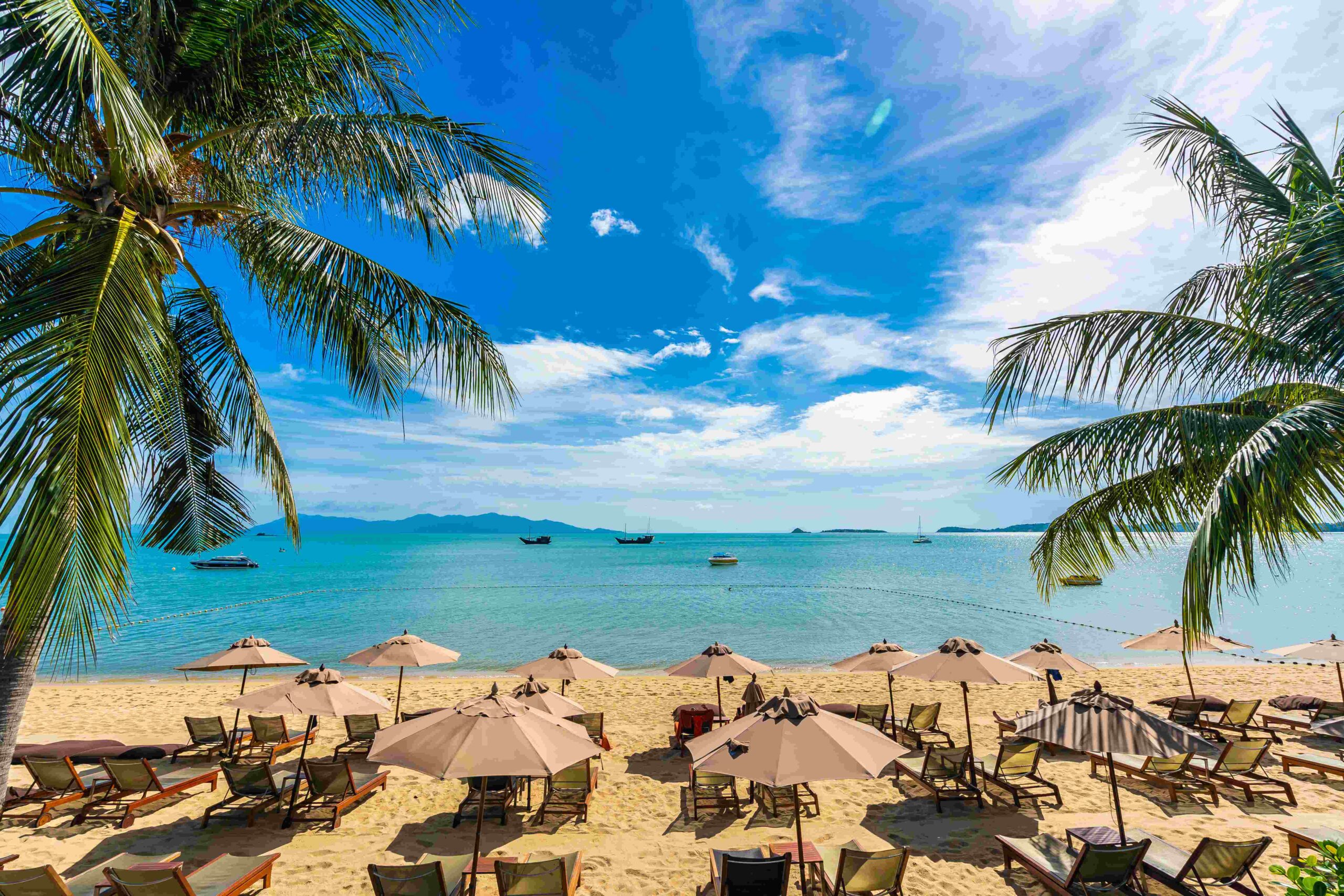
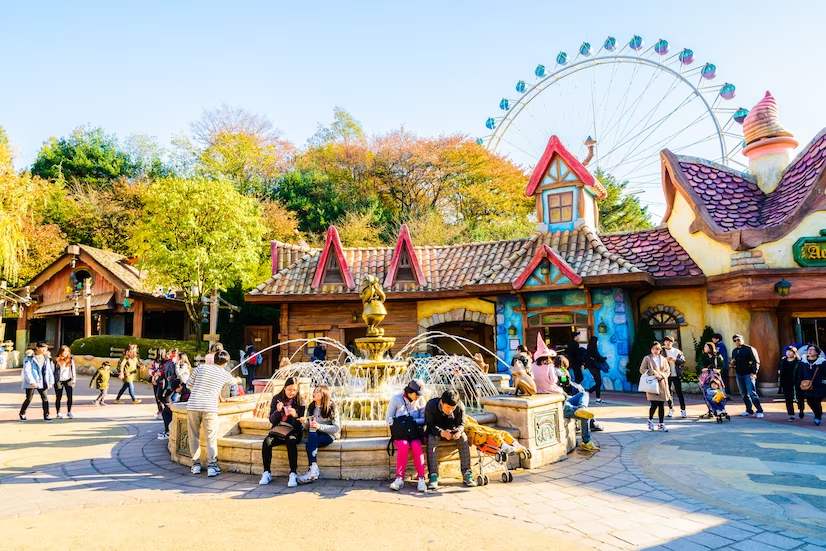

2 Comments
Your article helped me a lot, is there any more related content? Thanks!
I’m really impressed with your writing skills as smartly as with the format for your weblog.
Is that this a paid subject or did you customize it yourself?
Either way stay up the nice quality writing, it’s uncommon to see a great weblog like this one today.
Stan Store alternatives!